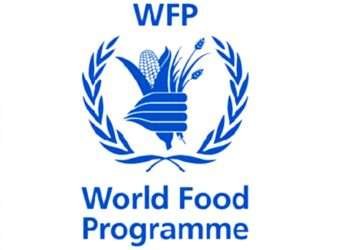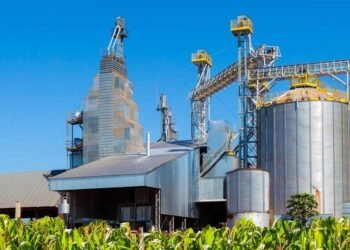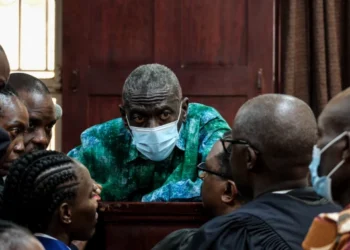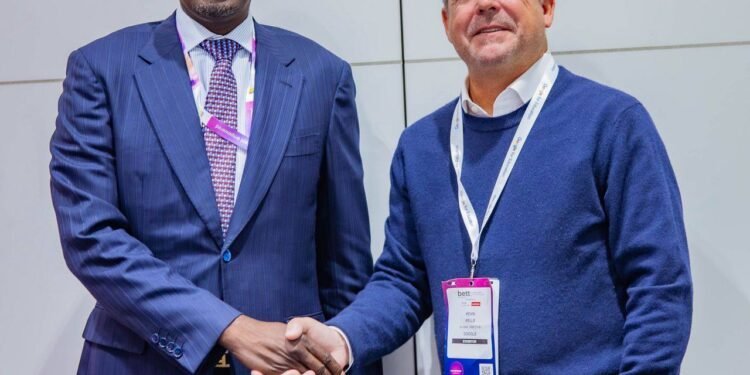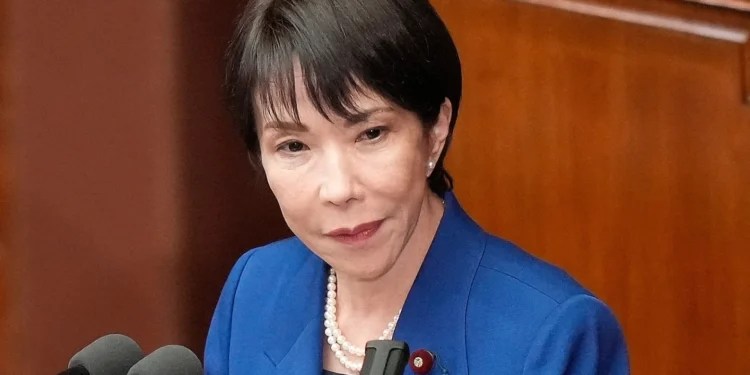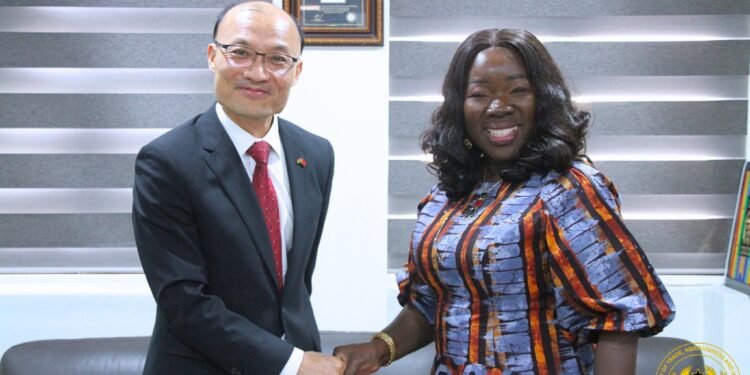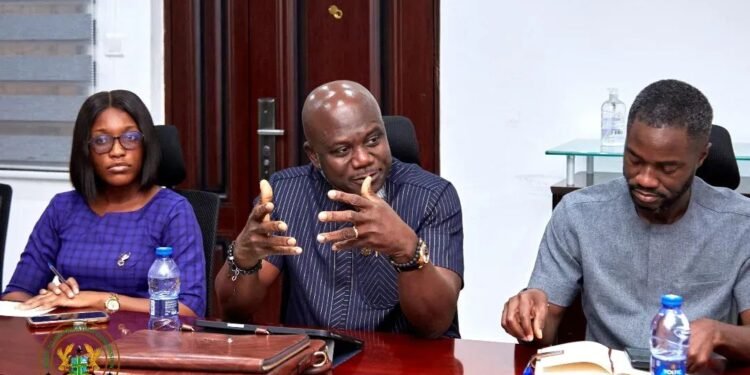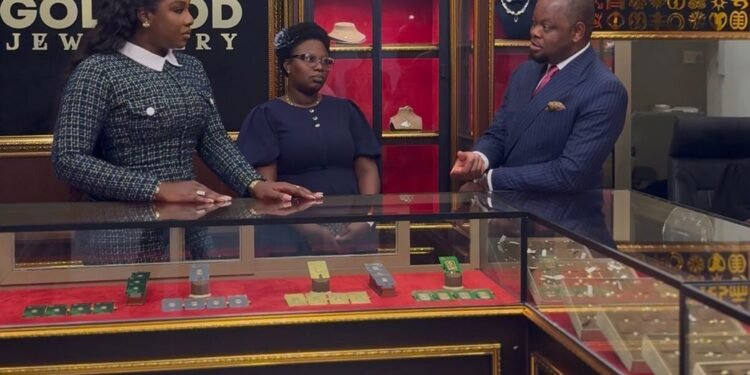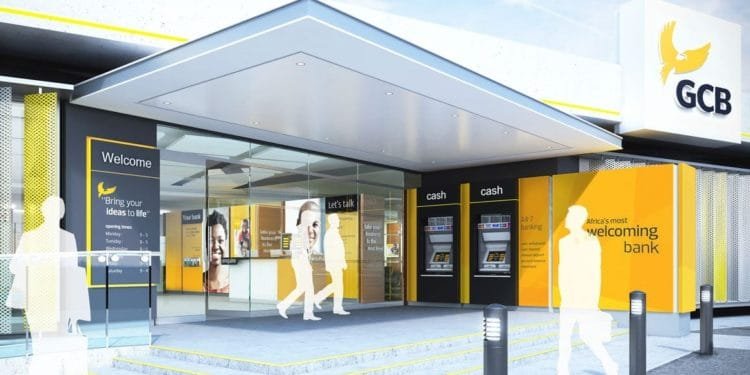Former Ivorian President Laurent Gbagbo has declared that he will not endorse any of the candidates contesting the upcoming presidential election, intensifying tensions in an already heated political environment.
Although declared ineligible to run, Gbagbo said he would not support any of the contenders cleared by the Constitutional Council. His decision underscores deep divisions within the country’s political landscape as the election nears.
His party spokesperson, Me Habiba Touré, explained the refusal. “A lack of consensus and legitimacy among the candidates prevented any endorsement,” she said, adding that those validated by the Council failed to reflect the true representation of Ivory Coast’s largest political forces.
Among the five contenders is Simone Gbagbo, the former wife of Laurent Gbagbo, who has reemerged on the political stage after years of legal difficulties tied to the 2010–2011 election crisis. Her candidacy is viewed as both symbolic and contentious, given her past and her personal history with the former president.
Gbagbo has long opposed incumbent President Alassane Ouattara’s decision to seek a fourth term. He insists that the move violates constitutional law, which originally restricted presidents to two terms. “This is a violation of constitutional law,” he has argued. However, the Constitutional Council maintains that the 2016 constitutional reform reset term limits, allowing Ouattara to contest again.
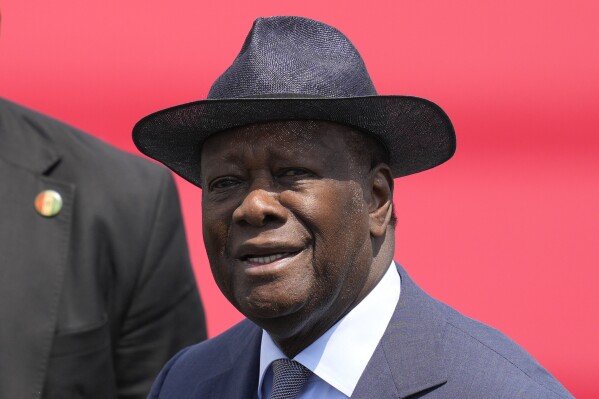
The rejection of Gbagbo and other key opposition figures, including former PDCI leader Tidjane Thiam, has fueled political discontent. Thiam, disqualified over nationality concerns, had been seen as a strong challenger. Gbagbo himself was barred due to a prior criminal conviction linked to past unrest.

Opposition Calls For Peaceful Resistance
In response, Gbagbo has called for “democratic and peaceful actions” to challenge Ouattara’s controversial candidacy. His appeal reflects fears of instability, especially given the country’s history of electoral violence.
However, government spokesperson Amadou Coulibaly warned that any attempts to dispute the Constitutional Council’s rulings would face serious legal repercussions. This hardline stance has done little to ease the growing anxiety across the nation.
The election, set for October 25, 2025, is widely considered a decisive moment for Ivory Coast. Ouattara, now 83, is pressing forward with his campaign despite having once promised to step aside. His re-entry into the race has ignited protests and deepened skepticism about the future of democracy in the country.
Alongside Ouattara and Simone Gbagbo, the ballot features Jean-Louis Billon, a former Commerce Minister; Ahoua Don Melo, another former minister; and Henriette Lagou Adjoua, representing a peace coalition. But the absence of high-profile figures like Gbagbo, Thiam, and former Prime Minister Pascal Affi N’Guessan highlights the restricted nature of political competition.
The campaign, launched on September 10, is unfolding under heavy scrutiny from international observers. Key issues shaping voter sentiment include economic development, youth employment, and stability after years of intermittent political crises.
For many Ivorians, the election serves as a critical test of the nation’s democratic resilience. The memories of past conflicts remain fresh, and citizens are watching closely to see whether October’s vote can deliver a peaceful and credible outcome.
As Ivory Coast braces for this pivotal contest, Gbagbo’s refusal to endorse any candidate leaves the opposition fragmented and uncertain. The stakes are high, and the results could shape the country’s political trajectory for years to come.
READ ALSO: US Deportee Deal Violates Ghana’s Constitution- Minority




